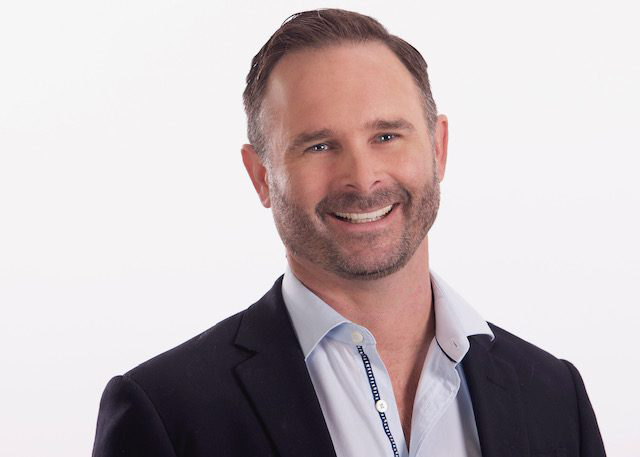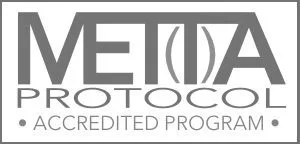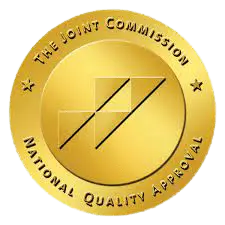Taking the step to seek professional help for drug and alcohol addiction is a pivotal move toward recovery and reclaiming control over one’s life. Drug rehab programs offer essential support and guidance to assist individuals in overcoming addiction and achieving lasting sobriety. In this blog, we will explore the various types of drug and alcohol rehab programs available, each designed to cater to specific needs and preferences, ultimately instilling hope for a brighter future.
SEE Purpose is a top-rated drug and alcohol rehab center that offers comprehensive detox and inpatient rehab programs. Contact us today to learn more about available treatment options.
Inpatient Drug Rehab Programs
Inpatient drug rehab programs provide intensive, round-the-clock care within a residential setting. This type of program suits individuals with severe addictions, co-occurring disorders, or those who require a structured and immersive environment to break free from addiction. During inpatient treatment, clients reside at the rehab center and actively participate in diverse therapies, counseling sessions, support groups, and recreational activities that contribute to holistic healing.
SEE Purpose is an Indiana inpatient substance abuse treatment center that offers quality treatment.
Outpatient Drug Rehab Programs
Outpatient drug rehab programs offer flexibility to individuals who do not require constant supervision or cannot commit to a residential program due to work, school, or family responsibilities. In an outpatient setting, clients attend therapy and counseling sessions during the day and return home in the evenings. This approach allows individuals to receive treatment while maintaining some level of their daily routines and receiving support from their families and communities.
Partial Hospitalization Programs (PHP)
Partial hospitalization programs bridge the gap between inpatient and outpatient treatment. Clients in PHP receive intensive treatment during the day, akin to inpatient programs, but return home or to a supportive living environment in the evenings. PHPs are suitable for individuals who need structured treatment but do not require 24/7 supervision.
Intensive Outpatient Programs (IOP):
Intensive outpatient programs provide a condensed version of outpatient treatment, offering multiple therapy sessions each week. IOPs benefit individuals who have completed residential or PHP programs and need ongoing support while transitioning back to everyday life. This level of care enables clients to maintain their sobriety and address any challenges that may arise.
Dual Diagnosis Programs
Many individuals struggling with addiction also experience co-occurring mental health disorders like depression, anxiety, or bipolar disorder. Dual diagnosis programs specialize in treating both addiction and mental health issues simultaneously, recognizing the interconnected nature of these conditions and providing comprehensive care for overall well-being.
Holistic Drug Rehab Programs
Holistic drug rehab programs focus on healing the whole person—mind, body, and spirit. These programs incorporate alternative therapies such as yoga, meditation, art therapy, equine therapy, and nutrition counseling alongside traditional evidence-based treatments. The holistic approach aims to promote overall well-being and enhance the recovery process.
12-Step Programs
12-Step programs, such as Alcoholics Anonymous (AA) and Narcotics Anonymous (NA), follow a structured, spiritually-based approach to recovery. Participants work through a series of steps and attend regular group meetings, fostering a supportive community of individuals sharing similar struggles and successes.
SEE Purpose Can Help With Drug Rehab Treatment in Indiana
Choosing the appropriate drug and alcohol rehab program is a critical decision on the path to recovery. Each program type offers unique benefits, and the best fit depends on individual needs, addiction severity, and personal preferences. Whether one opts for inpatient, outpatient, dual diagnosis, or holistic programs, seeking professional help is a significant step towards a healthier, drug-free life. Remember, hope and support are available for everyone ready to embark on the journey of recovery.







